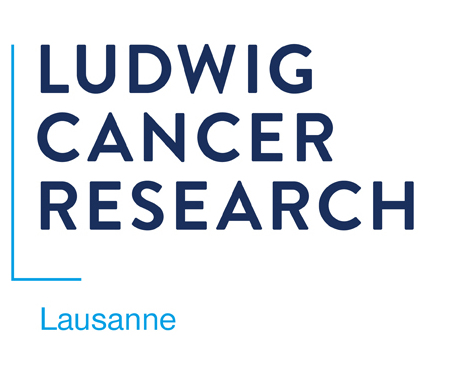GFELLER Lab
Our focus
Tumors form highly complex structures comprising many different cell types like cancer and immune cells. In our research, we develop novel computational biology and immuno-informatics tools to better understand the interactions between immune and cancer cells.
Our projects
Analysis and predictions of antigen presentation and TCR recognition
The diversity of T-cell epitopes in cancer is overwhelming due the heterogeneity of genetic alterations and the polymorphism of HLA genes. To narrow down the most promising candidates, our lab has developed state-of-the-art predictors of HLA-I [Gfeller et al. J Immunol 2018,Gfeller et al. Cell Systems 2023] and HLA-II ligands [Racle et al. Nature Biotech 2019, Racle et al. Immunity 2023], as well as predictors of neo-epitope TCR recognition [Schmidt et al. Cell Rep Med 2021]. These predictions are largely based on high-quality HLA peptidomics data and machine learning algorithms for motif deconvolution [Bassani-Sternberg and Gfeller J Immunol 2016, Racle et al. Nature Biotech 2019, Gfeller et al. Cell Systems 2023]. Our findings also revealed alternative binding modes of HLA ligands [Guillaume et al. PNAS 2018, Racle et al. Immmunity 2023] and enabled us to better understand the properties of the antigen presentation pathways.
Modelling TCR repertoire and specificity
T cells have the ability to generate billions of T-Cell Receptors (TCRs) that can recognize various epitopes displayed on HLA molecules. While information about the presence of specific T cells in a tumor can be obtained with TCR-sequencing technologies, a major challenge remains to know which T cells recognize which epitopes. Together with several experimental collaborators, we are developing machine learning algorithms both for understanding and modelling the properties of the TCR repertoire and unraveling the determinants of TCR specificity for their cognate epitopes.
Bulk and single-cell genomics analyses of tumors
Tumors are composed of heterogeneous cell types, comprising both cancer cells and non-maligant cells. The presence and phenotype of these different cell types plays an important role in tumor progression and response to therapy. Our lab has developed computational tools to simultaneously Estimate the Proportion of Immune and Cancer cells (EPIC) from bulk tumor gene expression data that can quantitatively predict the fraction of all major immune cell types, as well as cancer cells [Racle et al. 2017]. In parallel, we are actively working on single-cell RNA-Seq data analysis for cancer and immunology, to explore cell type heterogeneity in a fully unbiased and marker-free approach [Carmona et al. 2020]. Recently, we have developed a powerful approach to facilitate the analysis of large single-cell genomics data based on the concept of ‘metacells’ (read more about this in [Bilous et al. Bioinformatics 2022]).
KEY PUBLICATIONS

- Racle, J., Guillaume, P., Schmidt, J., Michaux, J., Larabi, A., Lau, K., Perez, M. A. S., Croce, G., Genolet, R., Coukos, G., Zoete, V., Pojer, F., Bassani-Sternberg, M., Harari, A., & Gfeller, D. Machine learning predictions of MHC-II specificities reveal alternative binding mode of class II epitopes. Immunity (2023).
- Gfeller, D., Schmidt, J., Croce, G., Guillaume, P., Bobisse, S., Genolet, R., Queiroz, L., Cesbron, J., Racle, J., & Harari, A. Improved predictions of antigen presentation and TCR recognition with MixMHCpred2.2 and PRIME2.0 reveal potent SARS-CoV-2 CD8+ T-cell epitopes. Cell systems (2023).
- Bilous, M., Tran, L., Cianciaruso, C., Gabriel, A., Michel, H., Carmona, S. J., Pittet, M. J., & Gfeller, D. Metacells untangle large and complex single-cell transcriptome networks. BMC bioinformatics (2022).
- Racle, J., Michaux, J., Rockinger, G. A., Arnaud, M., Bobisse, S., Chong, C., Guillaume, P., Coukos, G., Harari, A., Jandus, C., Bassani-Sternberg, M., & Gfeller, D. Robust prediction of HLA class II epitopes by deep motif deconvolution of immunopeptidomes. Nature biotechnology (2019).
- Racle, J., de Jonge, K., Baumgaertner, P., Speiser, D. E., & Gfeller, D. Simultaneous enumeration of cancer and immune cell types from bulk tumor gene expression data. eLife (2017).
Meet all the Gfeller Lab Members & Alumni.
|
Funding |
|
| Resources | |
|
Affiliations |
|
|
Links |
|





.png)


